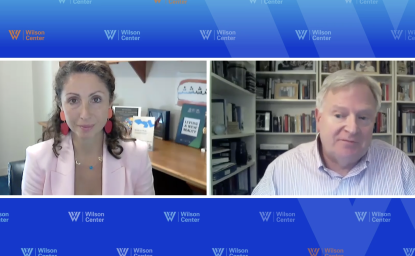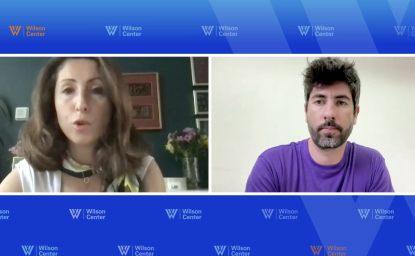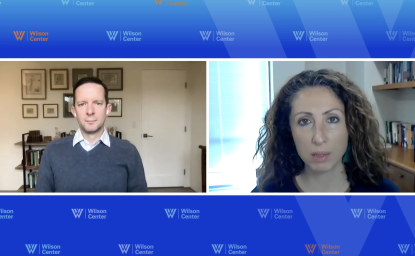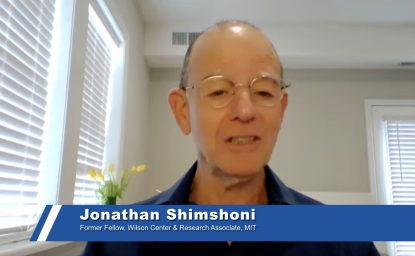The Latest
In this interview, multimedia journalist Dalia Hatuqa discusses the coverage of the war across various outlets and contexts, emphasizing the diverse approaches and narratives presented. She highlights the language used to describe the conflict, noting how it shapes public perception and understanding. Hatuqa underscores the importance of historical knowledge in providing context and depth to the coverage, allowing audiences to grasp the complexities of the situation. Additionally, she examines the differences between Israeli and Arab media coverage, pointing out how each side's perspectives and priorities influence their reporting on the war.
Guest

Moderator


Middle East Program
The Wilson Center’s Middle East Program serves as a crucial resource for the policymaking community and beyond, providing analyses and research that helps inform US foreign policymaking, stimulates public debate, and expands knowledge about issues in the wider Middle East and North Africa (MENA) region. Read more

Explore More
Browse Insights & Analysis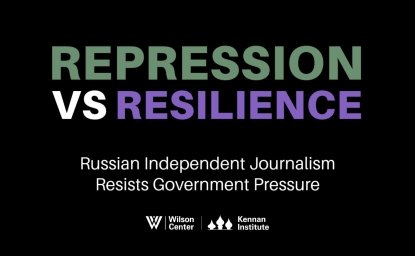
Infographic | Russian Independent Journalism Resists Government Pressure



